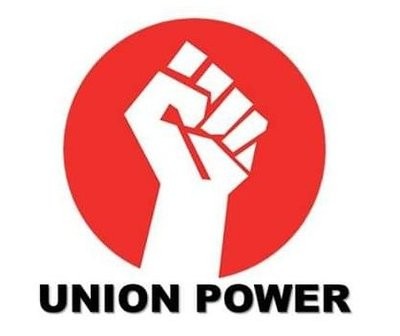
In 2023 computer hackers stole $6 million from the New Haven school system and city government fired the system’s information technology director over it. Eventually a little more than $5 million was recovered, and the other day a labor arbitrator ruled that the theft wasn’t the fault of the information technology director and that she must be returned to her job with back pay, which may amount to hundreds of thousands of dollars.
Mayor Justin Elicker said he was “disappointed” by the arbitrator’s decision and still believes that the firing was justified.
But the mayor can’t be too disappointed. If he really thought the employee is culpable and her reinstatement is wrong, he might be questioning the state law and the city’s contracts with its unions that give government employees the right to binding arbitration of personnel decisions and well as binding arbitration of union contracts themselves.
After all, the public elects mayors and school board members to administer the government. The public doesn’t elect arbitrators. Where is the democracy in letting an unelected arbitrator make personnel decisions involving enormous cost, overriding an elected official?
Of course, elected officials can be mistaken, but then who believes arbitrators are always right? So why shouldn’t elected officials prevail in these matters of ordinary public administration, take the political responsibility, and let voters judge them in the next election?
The answer is that democracy in Connecticut has been gravely subverted by the control that the government employee unions have achieved over the majority political party, the Democrats. Binding arbitration for unionized municipal government employees was enacted in Connecticut in the 1970s not to advance the public interest but so elected officials could escape political responsibility for government’s biggest costs, the cost of its employees. On such a sensitive issue few elected officials wanted to be caught between the public, on one hand, and the unions on the other.
So the General Assembly and Gov. Ella T. Grasso abdicated and put arbitrators in charge of labor disagreements, and now elected municipal officials can just shrug in the face of what might seem to be expensive mistakes — like reinstatement of negligent employees or excessive wages and benefits in union contracts – and say an arbitrator made them do it.
Mayor Elicker is a liberal Democrat, and if he was really “disappointed” in the arbitrator’s reinstatement of the information technology director and ever acted on that disappointment by, say, proposing to restore democracy by removing arbitration provisions from city government’s contracts with unions and from state law, the city government’s unions would make sure he never got another Democratic nomination. That might disappoint him a lot more than the huge cost of that firing.
![]()
Chris Powell is a free lance columnist writing about Connecticut policy and politics. He retired as managing editor of the Journal Inquirer in 2018, a position he had held since 1974. He started at Journal Inquirer as a reporter since 1967.


